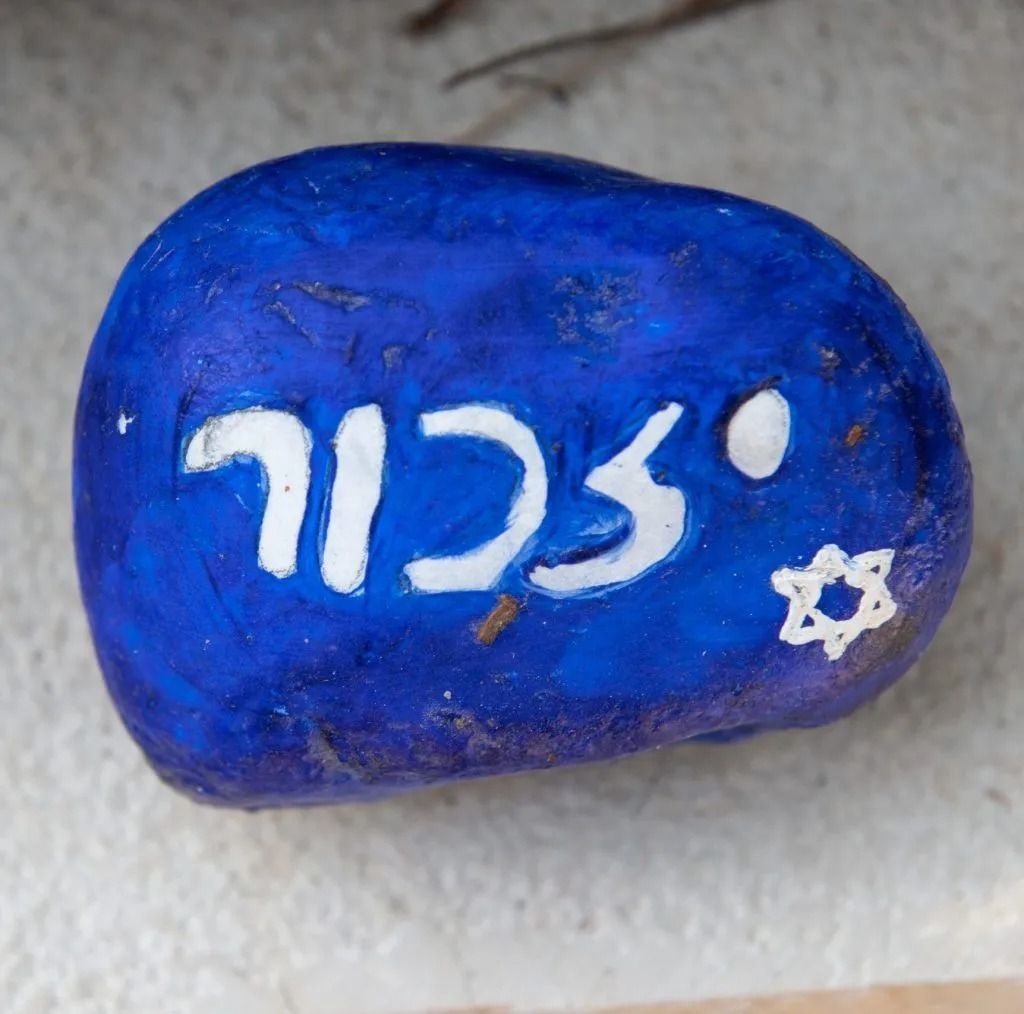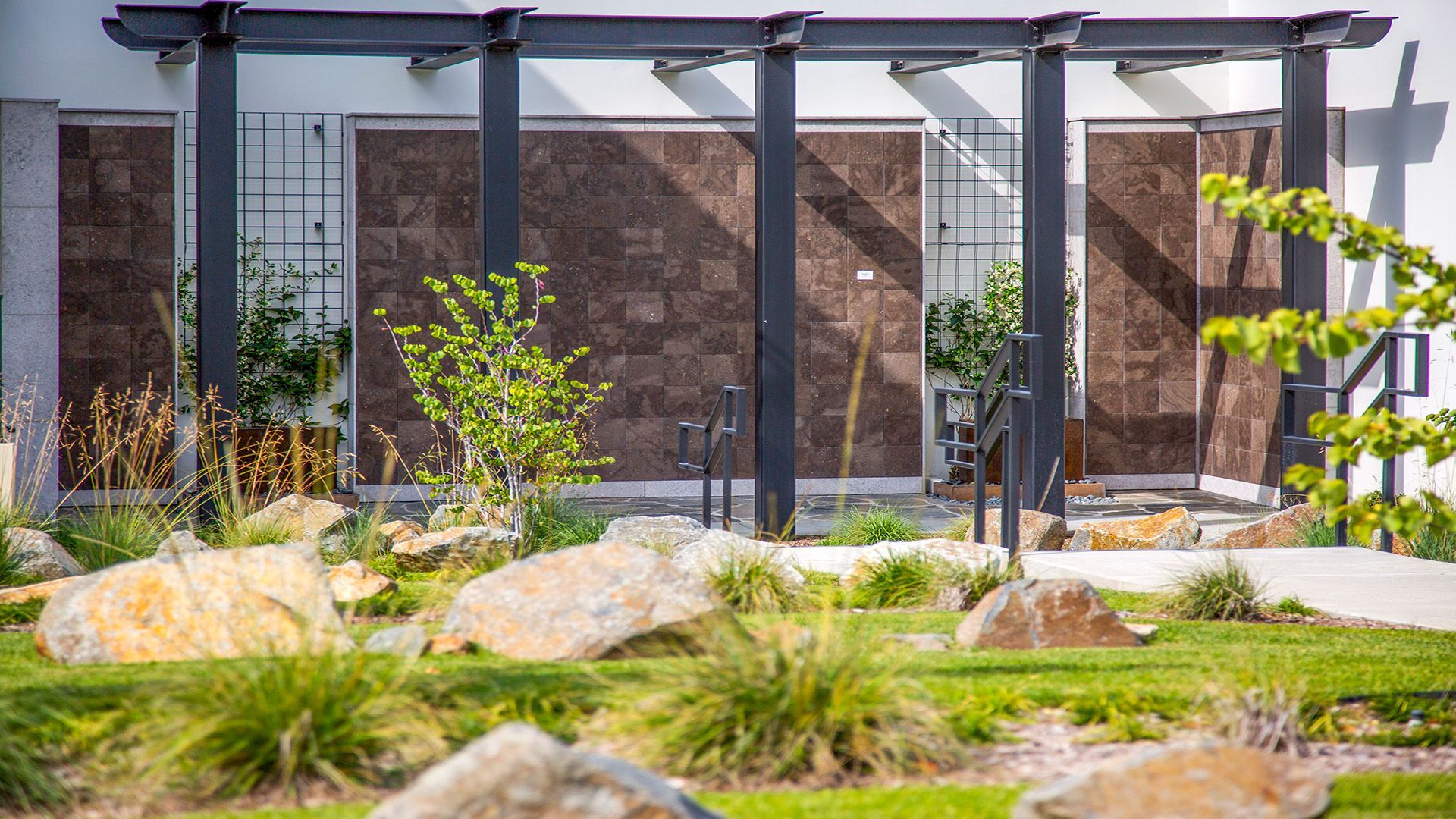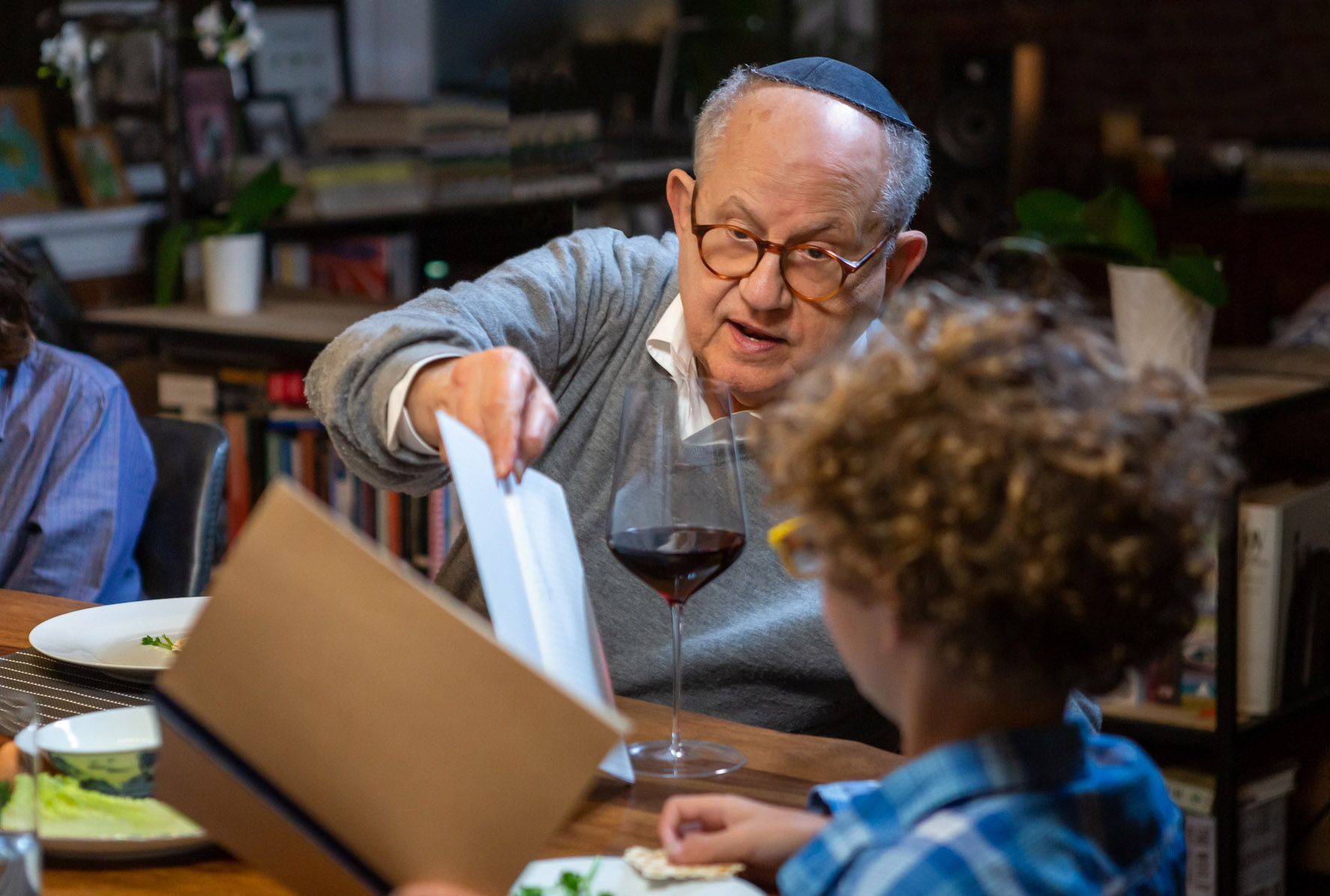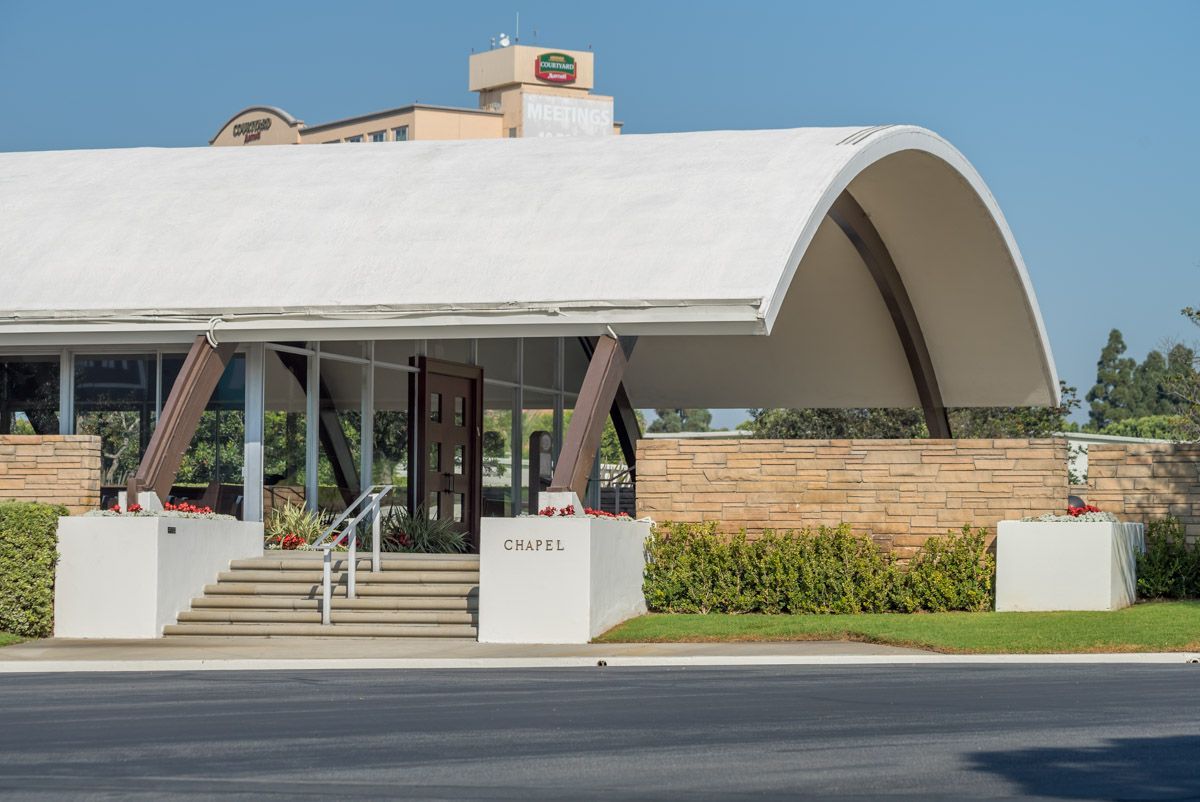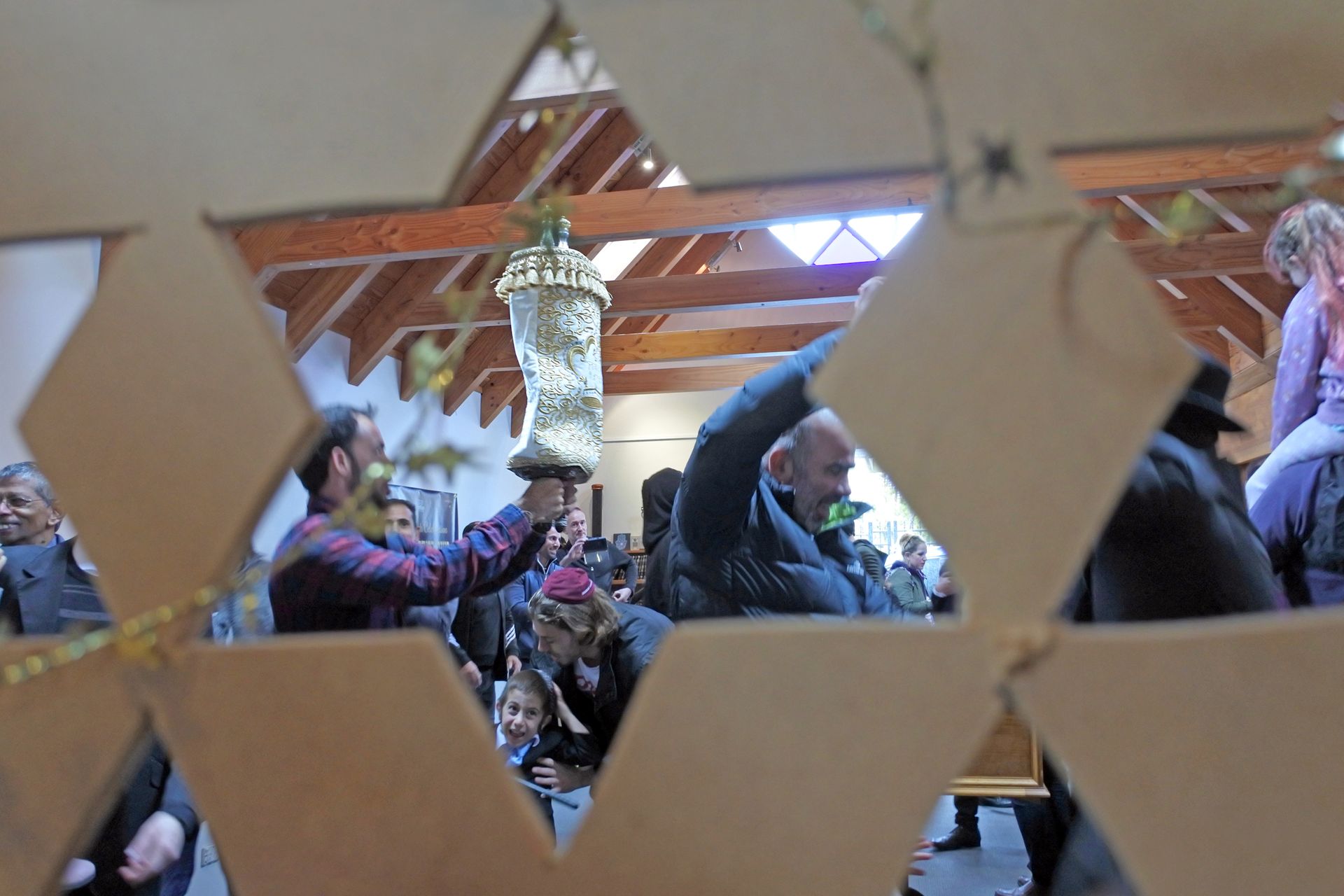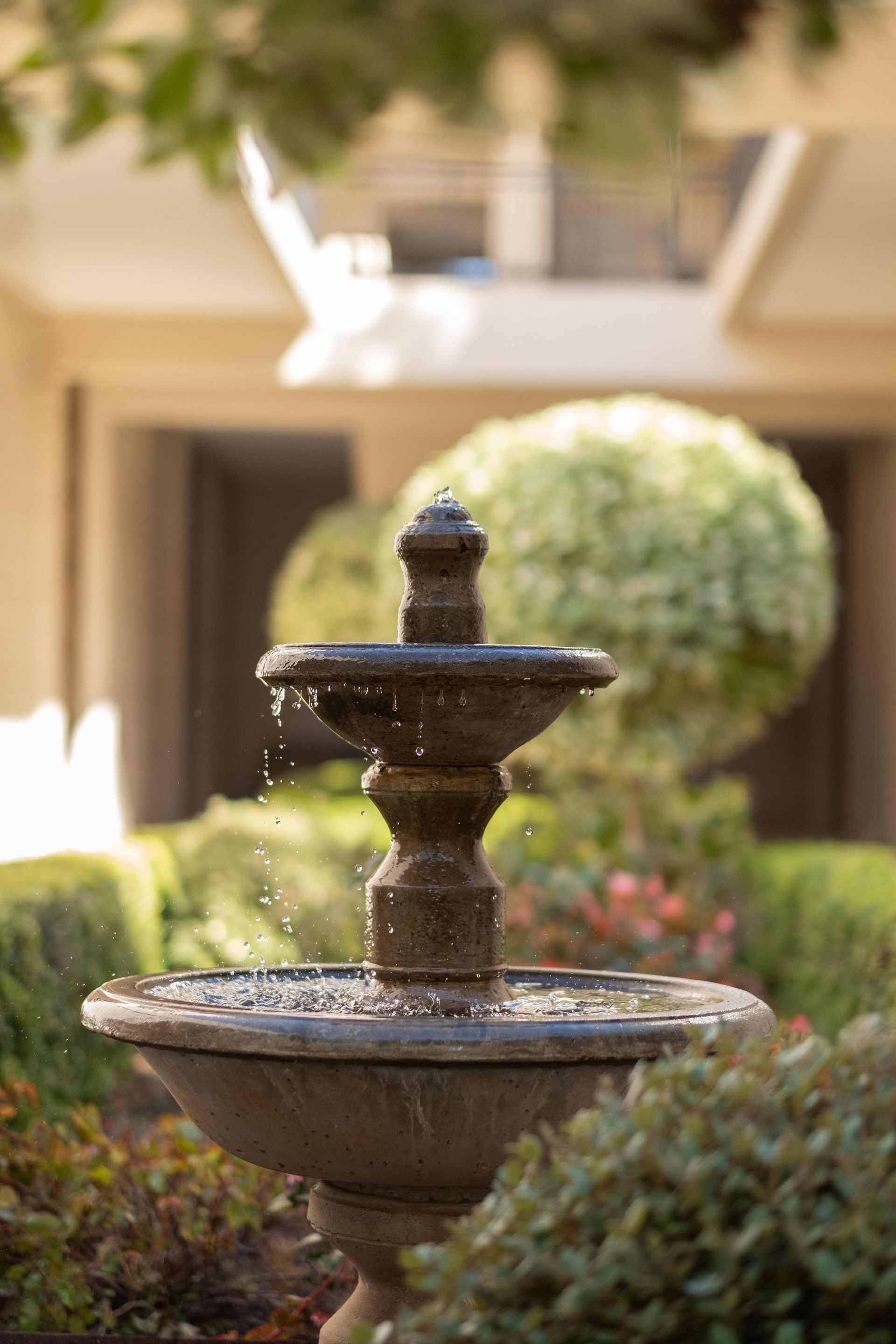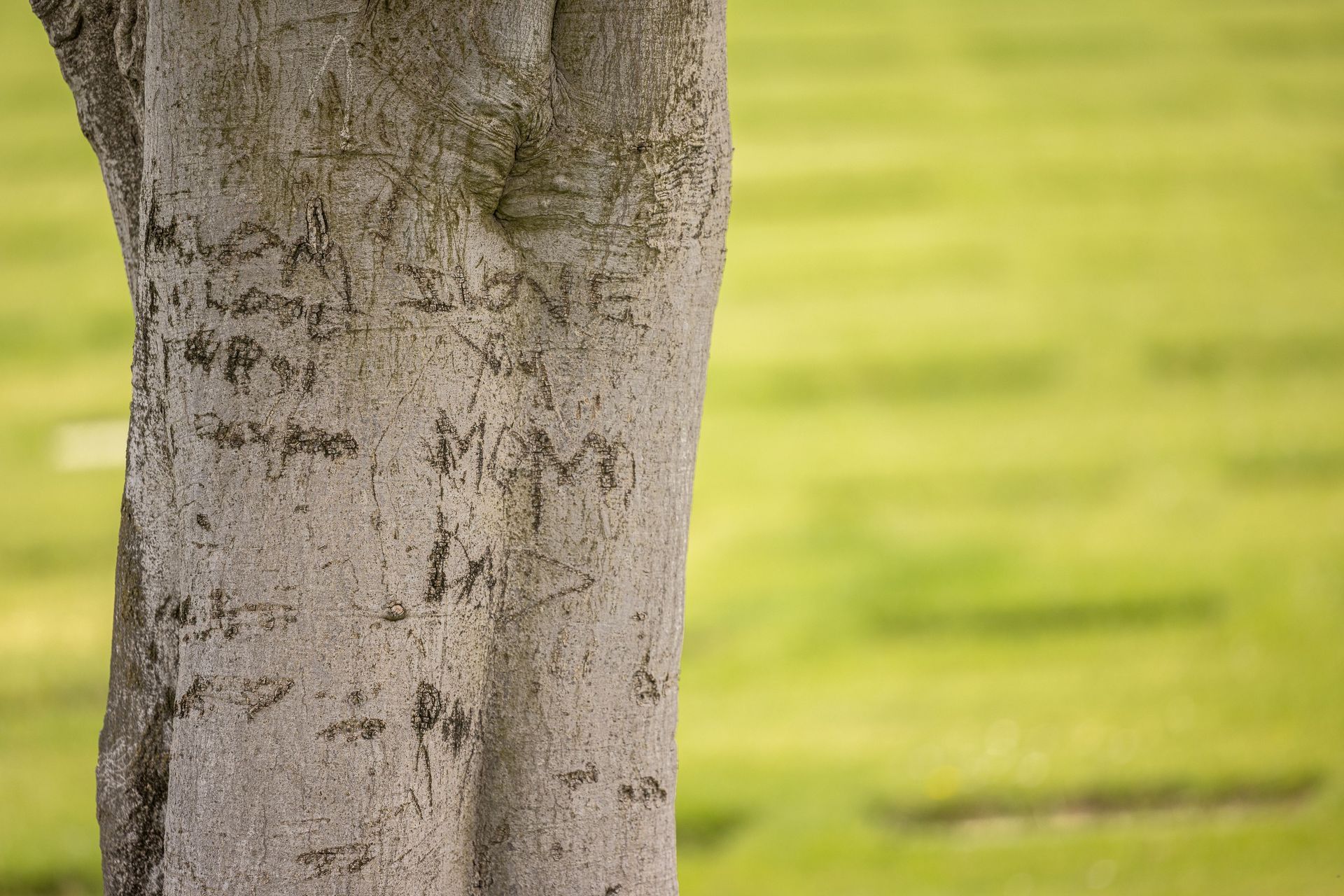April 24, 2025
Memory is not just a theme in Jewish tradition—it is the foundation. In a culture rooted in continuity, story, and sacred responsibility, memory becomes the bridge that connects generation to generation across time. It is how we honor the past, navigate loss, and strengthen our future. We recently spoke with Rabbi Cantor Alison Wissot, a Rabbi at Temple Judea, about the spiritual and cultural weight of memory in Jewish life. Rabbi Cantor Wissot serves on the board of Rabbis United (a branch of StandWithUs) and AKLA, and is an active member of the Cantors Assembly, American Conference of Cantors, and the Central Conference of American Rabbis. She will also lead our Mothers’ Day Remembrance Service at Hillside Memorial Park and Mortuary on Sunday, May 11th at 10:00AM in our Sanctuary. Here, she reflects on how memory shapes Jewish mourning practices, personal rituals, and the resilience of our people. Memory as a Collective Inheritance “Judaism isn’t just a religion—it’s a people,” Rabbi Wissot reminds us. And what binds a people together across time and place? Memory. From ancient Torah commandments to modern Yizkor services, Jews are taught to remember—not only the past but those who carried our stories forward. “There’s a passage in the Torah that commands us to retell our stories,” she says, “even if there’s no one left who remembers them firsthand. When we do this, we’re not just connecting to the living—we’re connecting to the generations who came before us.” In Jewish culture, memory affirms that every life is irreplaceable. “The opposite of holy isn’t the profane, it ‘everyday’ mundane.” Rabbi Wissot explains. “The metaphor we use is kadosh or life versus chol which means sand in modern Hebrew because in the desert, everything is uniform. But each life is distinct, uniquely enriching, and holy. When we remember someone, we’re honoring that uniqueness—and through that, we reaffirm our peoplehood.” “May Their Memory Be a Blessing”: A Phrase of Presence The familiar phrase “May their memory be a blessing” is far more than a platitude. “It means that what you carry from a person—their love, values, and wisdom—should bring good into your life,” Rabbi Wissot says. “Their presence in your life isn’t over.” In practice, this blessing invites the mourner to integrate the best of their loved one into their own journey. “At first, all you feel is pain. But as time passes, the memories return—and they can make you laugh or miss them. That’s how you know they’re still present.” It’s also a phrase that helps others show up. “When someone doesn’t know what to say, this gives them a way to offer love and acknowledgment. It’s a stepping stone to deeper support.” Jewish Mourning as a Journey Through Time One of the most powerful ways Judaism transforms memory into healing is through time—structured, intentional, and sacred. “You can’t go around grief,” Rabbi Wissot explains. “You have to walk through it.” From the immediate moments after death to the yearly yahrzeit (anniversary), Jewish mourning practices offer stages of remembrance: Aninut: The initial period between death and burial, when the mourner is not obligated to anyone but the deceased. Shiva: A week of deep mourning, when the community surrounds the mourner with food, company, and space to remember. Sheloshim: The next 30 days, a gentle reentry into daily life while continuing to observe and reflect. Eleven Months of Kaddish: For parents, this extended period of daily prayer offers time to process, remember, and honor. “These rituals give you permission to remember,” she says, “and permission to feel without shame or pity. It’s a structure that walks with you out of the valley of the shadow of death.” Mourner’s Kaddish: A Communal Act of Love The Mourner’s Kaddish is one of Judaism’s most iconic prayers—yet it doesn’t mention death at all. Instead, it praises life, creation, and the Divine. “That’s its power,” says Rabbi Wissot. “When you’re in mourning, you’re reciting words of life. It’s the antidote to despair.” Saying Kaddish is also a profoundly communal act. “You can’t say it alone. You need a minyan, a group of ten. In that way, it tells you: even in grief, stay connected.” The physical act of bowing during Kaddish can also be a moment of reflection. “An idea I first heard from my friend Rabbi Dan Moskovitz is the idea that during Kaddish you take a step back as if to see what the world is like without you, and then a step back in to reclaim your place in the world.” Personal and Communal Ways to Remember Memory lives not only in prayers but in names, traditions, and the stories we tell: Naming: In many Jewish traditions, babies are named after loved ones who have passed. “It’s a way of saying, ‘May this child carry the values and spirit of someone we cherished.’” Yahrzeit and Yizkor: These annual and festival-based remembrances allow individuals to reflect with the support of the community. Storytelling: Simply telling a story—especially in front of others—brings the person’s memory into the room. “We’re part of a chain,” Rabbi Wissot says. “Every time we say someone’s name, quote their words, or light a candle in their honor, we keep them in that chain.” Creating Meaningful Remembrance Today For those unsure of how to begin, Rabbi Wissot offers gentle advice: “Show up in the community. Explore what traditions are available to you. You don’t have to do everything at once. Maybe start by going to Shabbat. Try something more than once before deciding if it works for you. Let it unfold slowly.” And most importantly, don’t walk the journey alone. “Talk to a rabbi or cantor. Talk to someone who knows. These rituals are meant to hold you.” In Jewish tradition, memory is more than recollection—it is ritual, resistance, and renewal. It is how we honor our losses and how we hold onto life. It binds us to one another, to our past, and to our shared future. If you're seeking ways to create meaningful remembrance in your family, consider speaking with a rabbi, attending a Yizkor service, or simply telling a story. Memory is our inheritance—and our gift to the generations yet to come. If you have recently lost a loved one and need a Rabbi for an upcoming funeral ceremony, Hillside Memorial Park and Mortuary is ready to assist your family in finding someone who matches your family’s preferences and traditions. Please don’t hesitate to reach out on our site or at 800-576-1994 for assistance from our compassionate staff.
